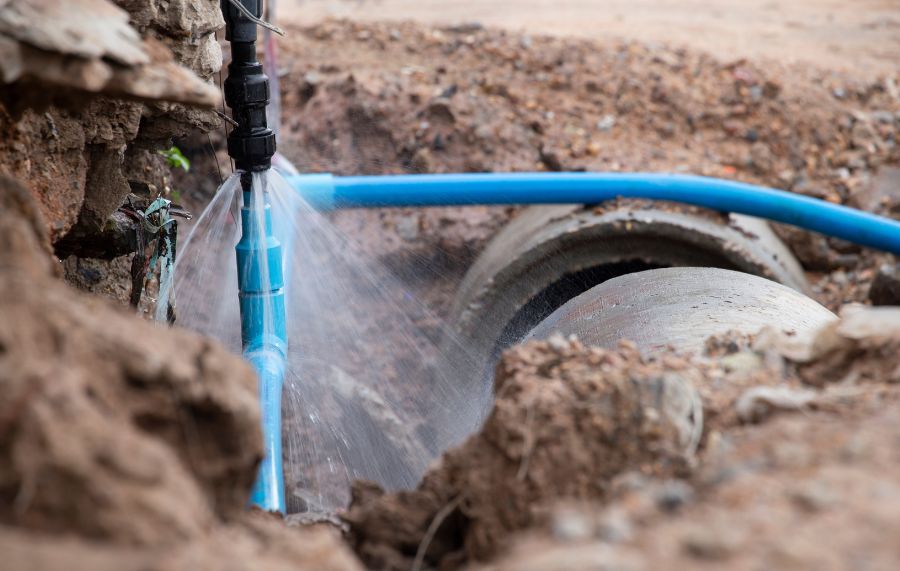Abstract
Notorious for its high poverty levels and low socio-economic status, the Navajo Nation’s socio-economic well-being is hindered greatly in part by the lack of an adequate potable water infrastructure which has resulted in health disparities and has attributed to stunted economic growth within the Nation. Large candidate regional water transmission pipelines projects aimed to meet these needs have been identified. With capital costs exceeding their fiscal capability, decision-makers must choose the project that will bring the most benefits. Accordingly, a decision support system (DSS) has been developed that allows projects to be compared considering the competing interests of: economic development, health improvement and environmental protection. The DSS consist of a cost-benefit analysis integrated into a multiple criteria decision analysis framework that allows projects to be ranked based on a non-monetized benefit cost ratio. Due to the high uncertainty with development on the Navajo Nation, future scenarios were developed for robust decision-making. Two candidate projects are evaluated through three hypothetical decision-makers with different agendas. The methods developed herein can be applied to developing nations with similar socio-economic conditions.
Author
Ronson R. Chee, Ph.D., P.E. | Principal Water Resources Engineer, Riley Engineering
Kevin E. Lansey, Ph.D. | Professor, Department of Civil Engineering and Engineering Mechanics, The University of Arizona
Date
April 13, 2017



